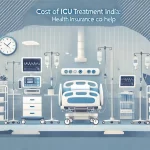Health insurance has become an essential part of financial planning in India, particularly with rising medical costs and increasing instances of lifestyle-related diseases. However, not all health insurance policies offer the same benefits. It’s crucial to evaluate the features of your policy to ensure you receive maximum coverage and protection. In this blog, we will discuss the three most important benefits that your health insurance policy must offer, ensuring you are prepared for any medical eventuality.
1. Comprehensive Hospitalization Coverage (Including Pre- and Post-Hospitalization)
When considering a health insurance policy, hospitalization coverage is often the most basic benefit. However, what sets a good policy apart is the extent of coverage it offers. Comprehensive hospitalization coverage should include pre- and post-hospitalization expenses, not just the hospital stay. This ensures that the costs incurred for medical tests, consultations, and medications related to the treatment are also covered.
Breakdown of Hospitalization Coverage
- Pre-Hospitalization Coverage: This includes diagnostic tests, medical examinations, and doctor consultations that occur before hospitalization. A good policy covers expenses incurred up to 60 days before admission.
- Post-Hospitalization Coverage: After hospitalization, treatment often continues, including follow-up visits and medications. A robust health insurance policy will cover these expenses for up to 90 days post-discharge.
Historical Data on Rising Healthcare Costs in India
| Year | Average Cost of Treatment in Private Hospitals (₹) |
|---|---|
| 2004 | 8,400 |
| 2014 | 23,700 |
| 2023* | 35,000 |
*Projected increase based on historical trends.
With medical inflation rising by approximately 10-15% annually, it’s evident that medical expenses have skyrocketed over the past two decades. In light of these figures, a health insurance policy that offers comprehensive hospitalization coverage becomes a necessity to avoid out-of-pocket expenses.
2. Coverage for Critical Illnesses
In India, the prevalence of critical illnesses such as cancer, heart disease, and diabetes is on the rise. According to recent data from the Indian Council of Medical Research (ICMR), critical illnesses now account for nearly 50% of all deaths in the country. The high cost of treatment for such illnesses, including surgeries, chemotherapy, and long-term medication, can wipe out life savings. Therefore, your health insurance policy must include coverage for critical illnesses.
Types of Critical Illnesses Covered
A good health insurance policy should cover major critical illnesses such as:
- Cancer (all stages)
- Cardiovascular diseases
- Kidney failure
- Stroke
- Organ transplants
Statistical Overview: Incidence of Critical Illness in India
| Year | Cases of Critical Illness (per 100,000 population) |
|---|---|
| 2000 | 3,200 |
| 2010 | 5,700 |
| 2020 | 12,800 |
This rapid rise underscores the importance of choosing a health insurance policy with critical illness coverage. Often, insurers provide a lump-sum payout upon diagnosis, which can cover not only medical costs but also provide financial support for lifestyle adjustments during recovery.
3. Cashless Treatment Across a Wide Network of Hospitals
One of the most important benefits your health insurance policy must offer is the ability to avail cashless treatment. During emergencies, arranging for upfront payments can be a huge burden. A cashless health insurance policy ensures that you can receive treatment without worrying about payments at the time of hospitalization. The insurer directly settles the medical bills with the hospital.
Advantages of Cashless Treatment
- Immediate Care: No need to arrange cash during medical emergencies.
- No Paperwork Hassles: All documentation is handled between the hospital and insurance provider.
- Better Hospital Options: Access to a network of top hospitals under your insurer’s tie-ups.
Historical Data on Hospital Network Growth in India
| Year | Number of Hospitals in Cashless Networks |
|---|---|
| 2005 | 2,500 |
| 2015 | 6,000 |
| 2023 | 10,000* |
*Projected increase.
With more insurers expanding their cashless network to include multi-specialty hospitals, policyholders can avail of quality treatment without any financial stress. It’s vital to ensure that your insurance provider has an extensive network of empaneled hospitals, both in metro cities and rural areas.
Additional Features to Look For
While the three benefits discussed above are critical, there are additional features that can further enhance the value of your health insurance policy:
- Maternity Coverage: If you are planning a family, ensure your health insurance includes maternity benefits.
- Annual Health Check-ups: Many insurers offer annual or bi-annual health check-ups, which are beneficial for early detection of diseases.
- No-Claim Bonus (NCB): Policies that offer NCB rewards for claim-free years can increase your sum insured without a hike in premiums.
The Future of Health Insurance in India
The Indian health insurance market has seen significant growth in the past decade, largely due to rising awareness and government initiatives. However, there is still immense potential for expansion. According to a report by the Insurance Regulatory and Development Authority of India (IRDAI), only 37% of the Indian population had health insurance coverage in 2022, leaving a large portion of the country uninsured.
Growth of Health Insurance Premiums in India (₹ in Billion)
| Year | Total Health Insurance Premiums |
|---|---|
| 2015 | 247 |
| 2020 | 516 |
| 2023 | 680* |
*Estimated.
As the market continues to grow, the focus will likely shift toward digital platforms for purchasing and renewing policies. With the rise of telemedicine and digital health services, insurers are also expected to offer tech-driven policies that provide additional value to customers, such as virtual consultations, online health records, and personalized wellness programs.
Conclusion
Choosing the right health insurance policy is more than just looking at the premium. It’s about ensuring that you and your family are adequately covered for medical emergencies, critical illnesses, and rising healthcare costs. The three benefits—comprehensive hospitalization coverage, critical illness coverage, and cashless treatment—should be non-negotiable when selecting a health insurance policy.
As India continues to develop, and medical expenses rise, health insurance is not just a choice but a necessity for financial protection and peace of mind. By choosing a policy with these essential benefits, you can safeguard your financial future while ensuring access to quality healthcare.

What Is Dietary Fiber?
Dietary fiber is a plant-based nutrient essential for digestive health. Unlike proteins, carbohydrates, and fats, …

What is Beta Carotene?
Beta-carotene is a red-orange pigment found in plants and fruits, especially carrots and colorful vegetables. …

What are Vitamins?
Vitamins are organic compounds essential for the body to function properly. They are required in …

10 Reasons Why Sweet Potato is a Superfood
Sweet potatoes are not only delicious but also incredibly nutritious, earning their title as a …

उच्च रक्तचाप के मुख्य कारण और समाधान
उच्च रक्तचाप का इतिहास और इसकी समस्या उच्च रक्तचाप, यानी हाई ब्लड प्रेशर, एक गंभीर …

Health Benefits of Tulsi Leaves You Must Know
The History and Origin of Tulsi Tulsi, also known as Holy Basil, holds a sacred …
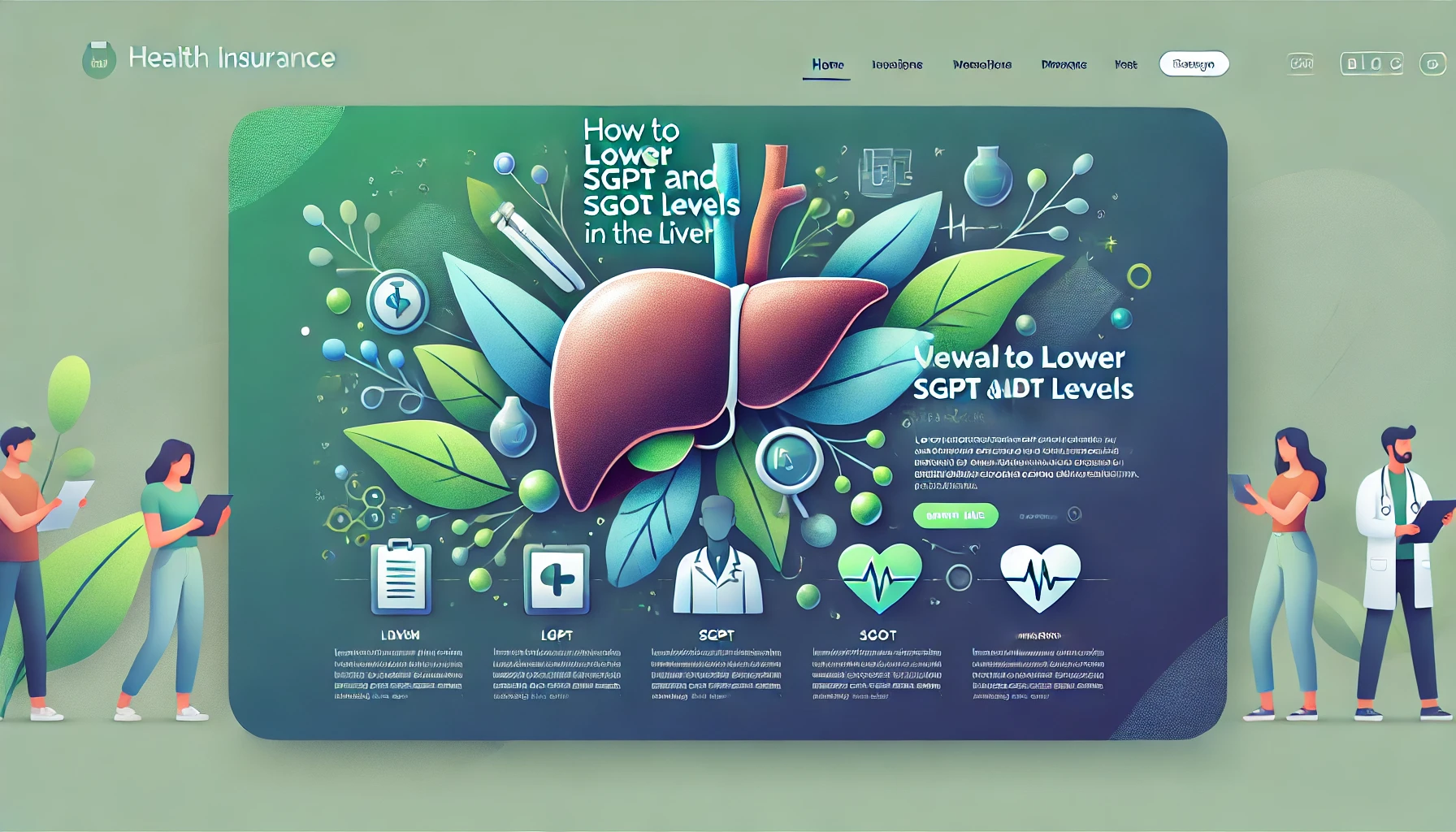
How to Lower SGPT and SGOT Levels in the Liver?
SGPT (Serum Glutamic Pyruvic Transaminase) and SGOT (Serum Glutamic Oxaloacetic Transaminase) are enzymes produced by …
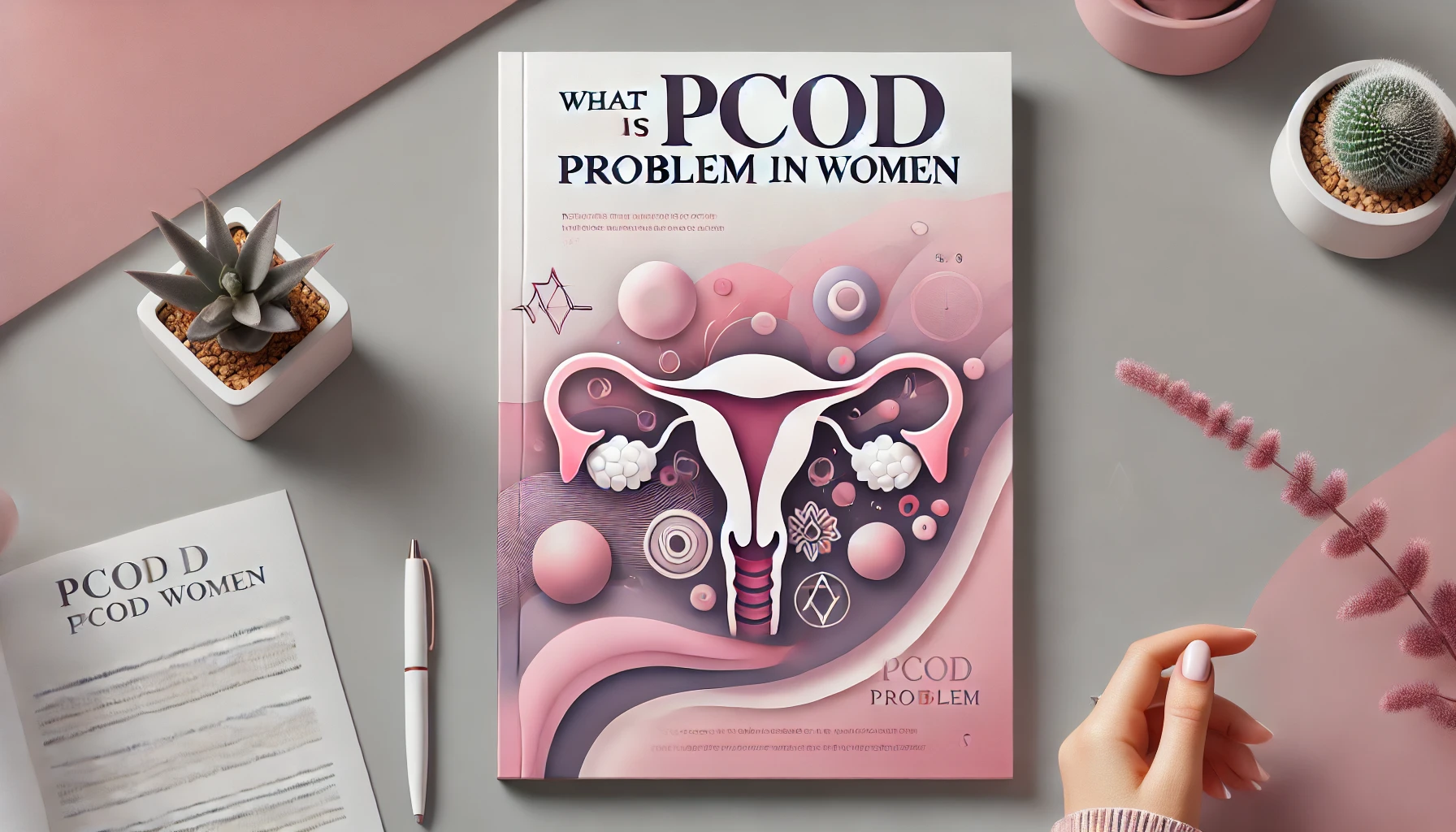
What is PCOD Problem in Women?
Polycystic Ovary Disorder (PCOD) is a hormonal condition affecting millions of women worldwide, primarily during …
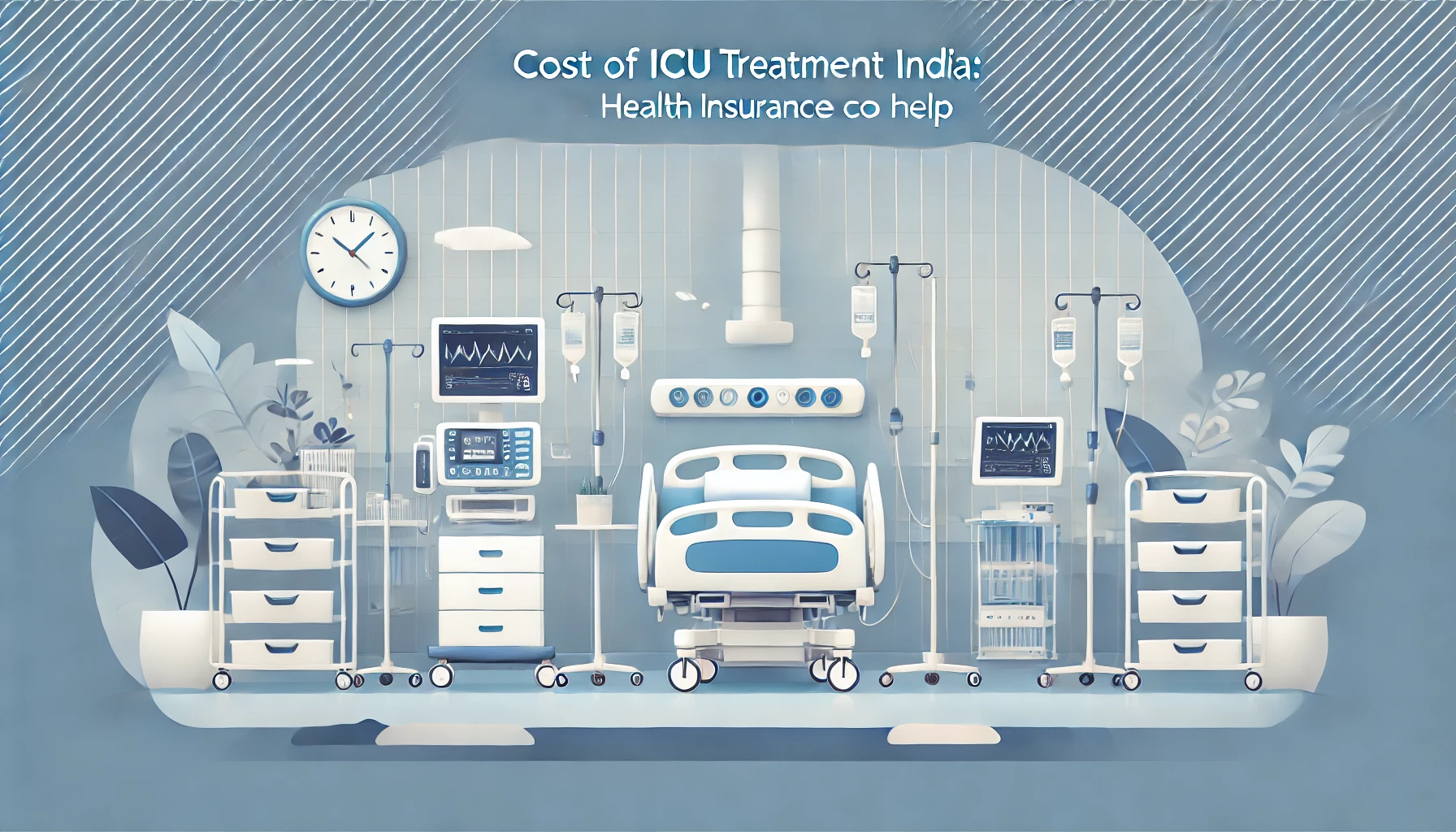
ICU Full Form Types and Equipments
The full form of ICU is Intensive Care Unit—a specialized section of hospitals dedicated to …
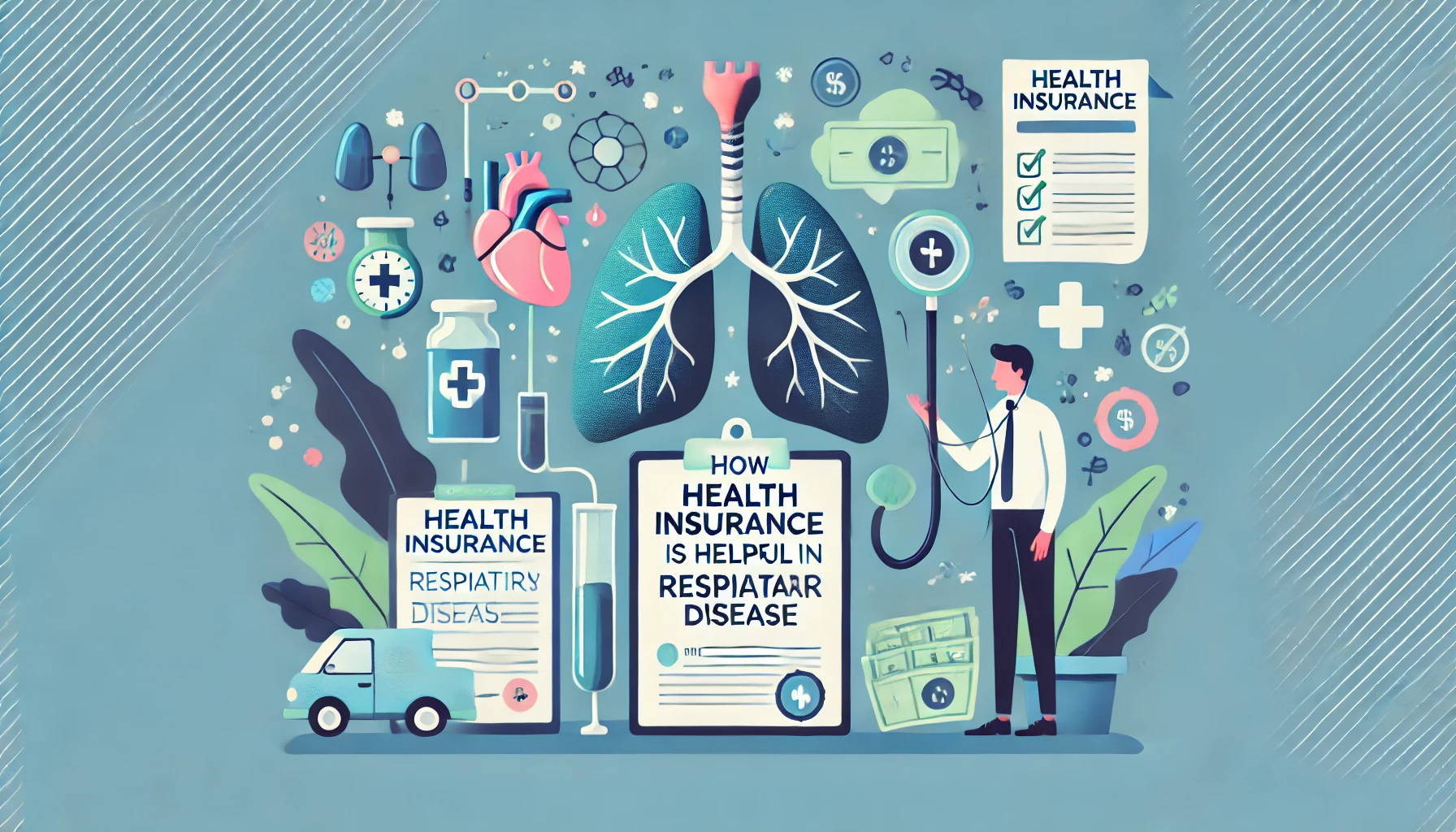
How Health Insurance Can Help in Managing Respiratory Diseases
Respiratory diseases, including asthma, chronic obstructive pulmonary disease (COPD), and respiratory infections, are prevalent in …

How Health Insurance Can Be Used as an Investment Tool
Health insurance is traditionally viewed as a means to protect oneself from the financial burden …

5 Essential Questions to Ask Before Buying Health Insurance
Health insurance is an essential tool for managing medical expenses and ensuring access to quality …

5 Tips to Choose the Right Health Insurance for COPD
Chronic Obstructive Pulmonary Disease (COPD) is a major health issue affecting millions in India. This …

At What Age Should You Opt for Health Insurance
Health insurance is a crucial financial tool that protects individuals from unexpected medical expenses. However, …

Cashless Claim in Health Insurance
Health insurance plays a critical role in ensuring financial protection against rising medical costs. One …

3 Positive Changes That Can Improve Your Health and Well-being in India
In today’s fast-paced world, maintaining good health is often a challenge. However, making a few …

3 Major Advantages of Having Health Insurance in India
Health insurance is no longer an option but a necessity in today’s world, especially in …
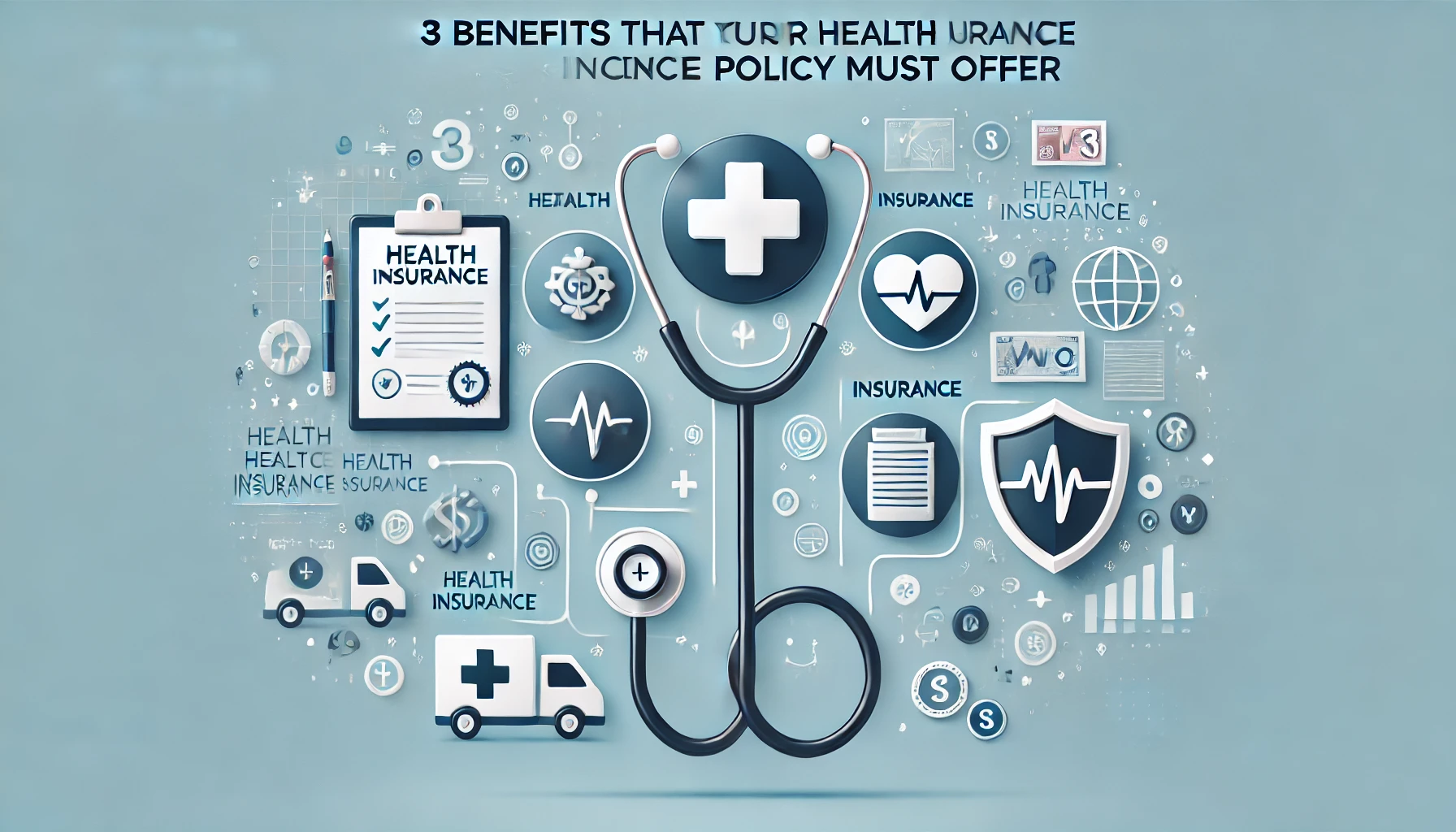
3 Must-Have Benefits in Your Health Insurance Policy for Maximum Coverage
Health insurance has become an essential part of financial planning in India, particularly with rising …

3 Benefits That Make Health Insurance Absolutely Necessary in India
Health insurance has become a critical part of financial planning in India. Rising medical expenses, …








